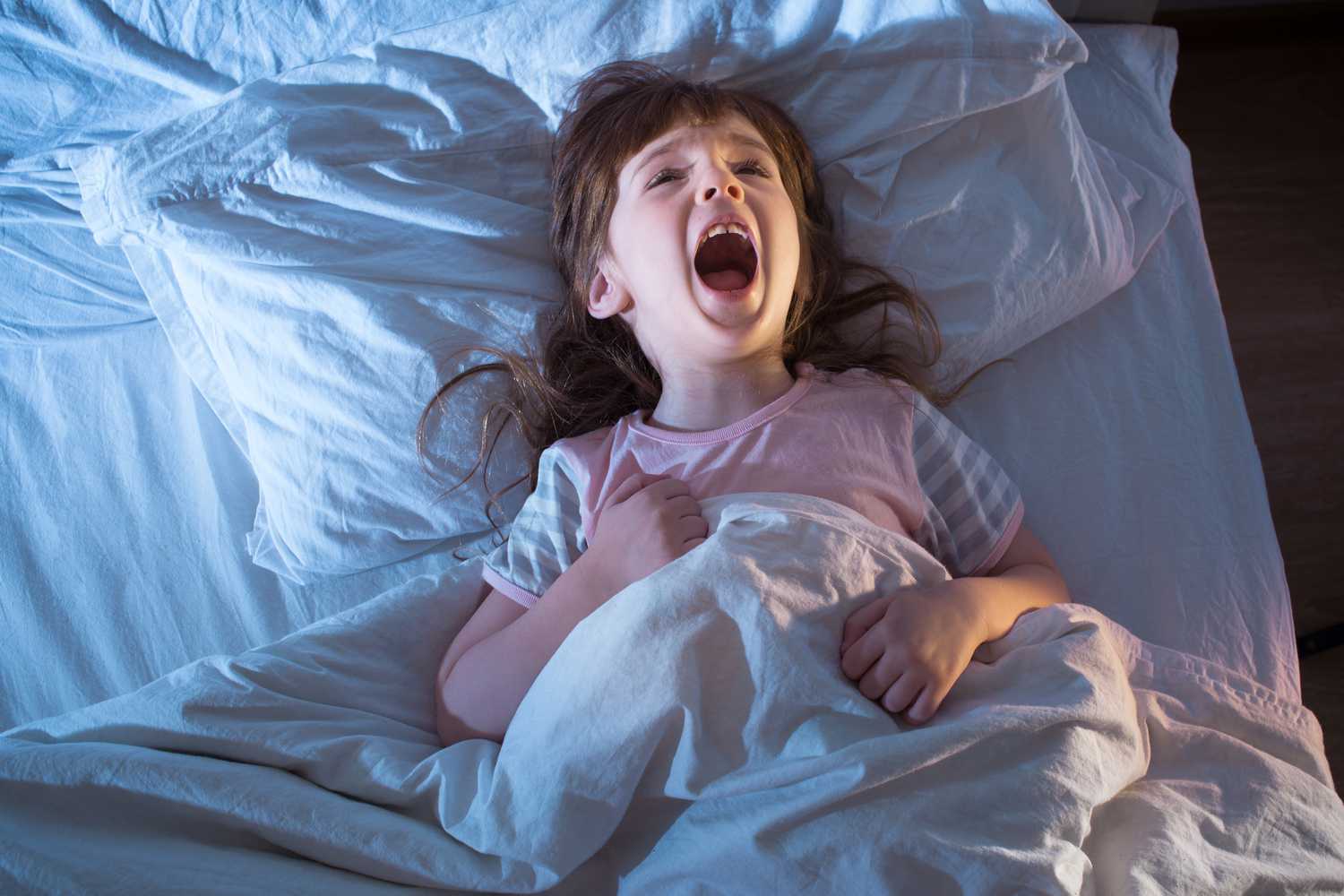
Nightmares are upsetting, and most adults can relate to the fear that occurs when you wake up from a heart-pounding dream. While you may know how to remind yourself that it was just a dream and quickly get back to sleep, children often respond much differently. A young child’s brain is still developing, and they don’t always have the ability to distinguish their dreams from reality. Nightmares in children are linked to frequent night wakings that can involve prolonged crying and the inability to go back to sleep.
Figuring out why your little one has nightmares is another one of the best strategies that you can use to help your child enjoy better sleep. Although all children are different, it helps to know about the most common causes so that you can narrow down what is causing your child to wake up from bad dreams.
What Are Nightmares?
A nightmare is essentially a dream that involves vivid and distressing images. The subject of a nightmare tends to be unique to each child, but it is common for children to describe seeing monsters, being in trouble, or being hurt in their dreams. Nightmares tend to occur during the REM phase of sleep, and your child should wake up completely after one. These differ from night terrors, which happen during the first one-third of sleep. With a night terror, your child may cry out but remain half asleep. These also tend to be more intense than the typical nightmare.
What Are the Most Common Causes?
Your job as a parent is to do a little detective work. Some children begin to have nightmares after they start taking medication that disrupts their sleep cycle. If your child has recently started taking a new medication, then talk to their doctor to find out if nightmares are a common side effect.
Your child may also have an underlying medical issue that is causing them to have nightmares. Seizures that occur during the night may include vivid imagery that your child perceives as a nightmare. Sleep apnea is also a condition that disrupts your child’s sleep cycle. If instances of breathing difficulty occur during the REM stage, it could trigger distressing dreams. Take note of whether or not your child snores or has ever had a seizure. If so, then it is worth investigating to find out if this is the cause.
Nightmares can also be caused by general stress. During sleep, the brain processes the events that occurred during the day. Your child may be responding to new changes in their life such as starting school or dealing with the loss of a grandparent. Children who have post-traumatic stress tend to have more nightmares.
How Do You Treat Nightmares?
In most cases, nightmares are just a normal phase of childhood that go away eventually. Your child’s nightmares don’t necessarily need treatment unless they are frequent or severe. The treatments for nightmares usually involve addressing underlying causes and setting up a relaxing sleep environment. Feel free to give your child reassurance when they wake up, and help them go back to bed.
There is nothing sweeter than seeing your child sleeping soundly. You might not be able to shield them from ever having a nightmare again, but it is possible to reduce their frequency. Keep trying different strategies, and remember to help your child practice good sleep hygiene. Soon, you’ll enjoy waking up to them being eager to share their favorite dreams in the mornings.

